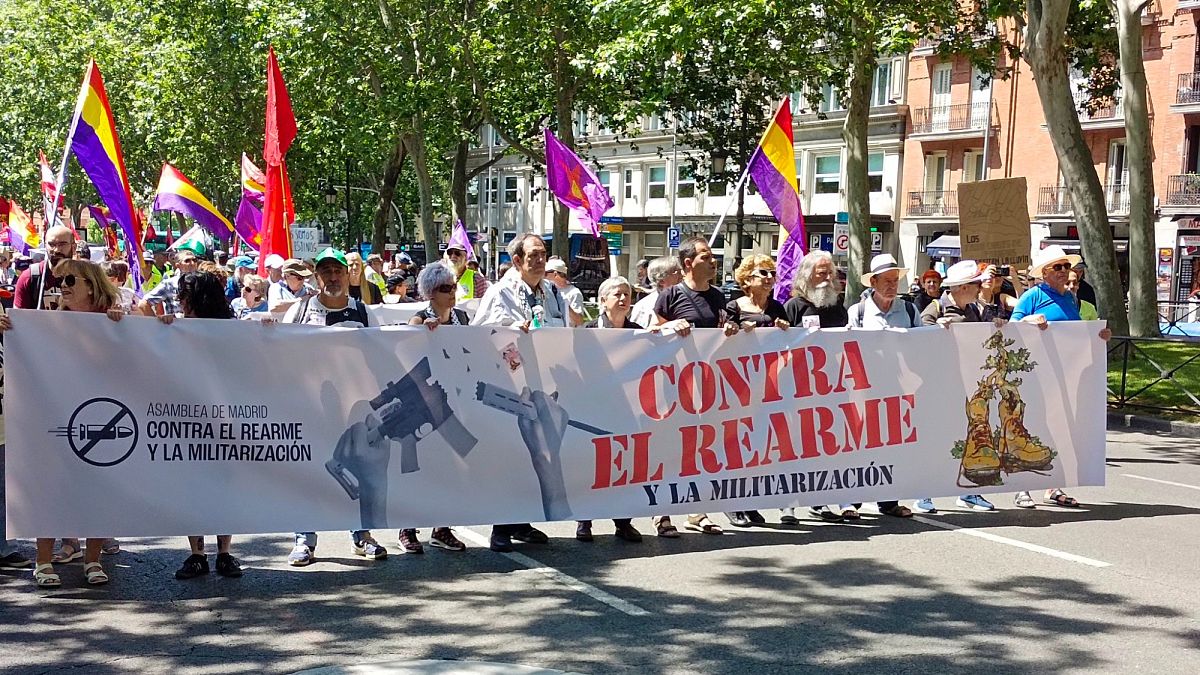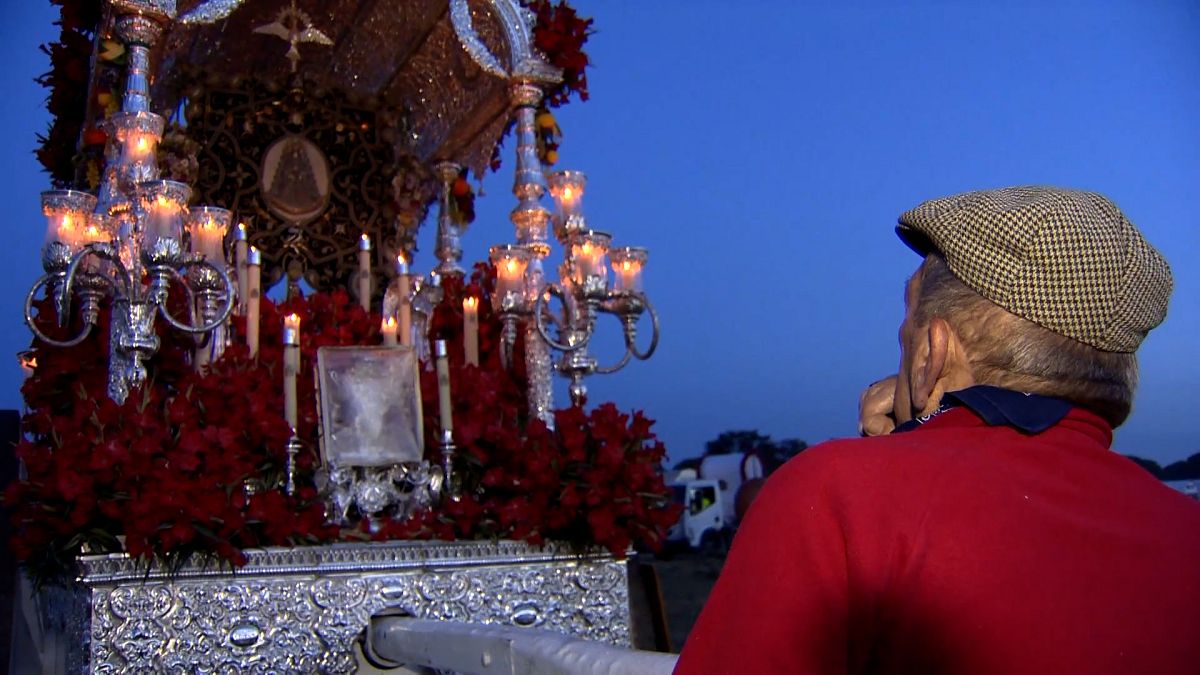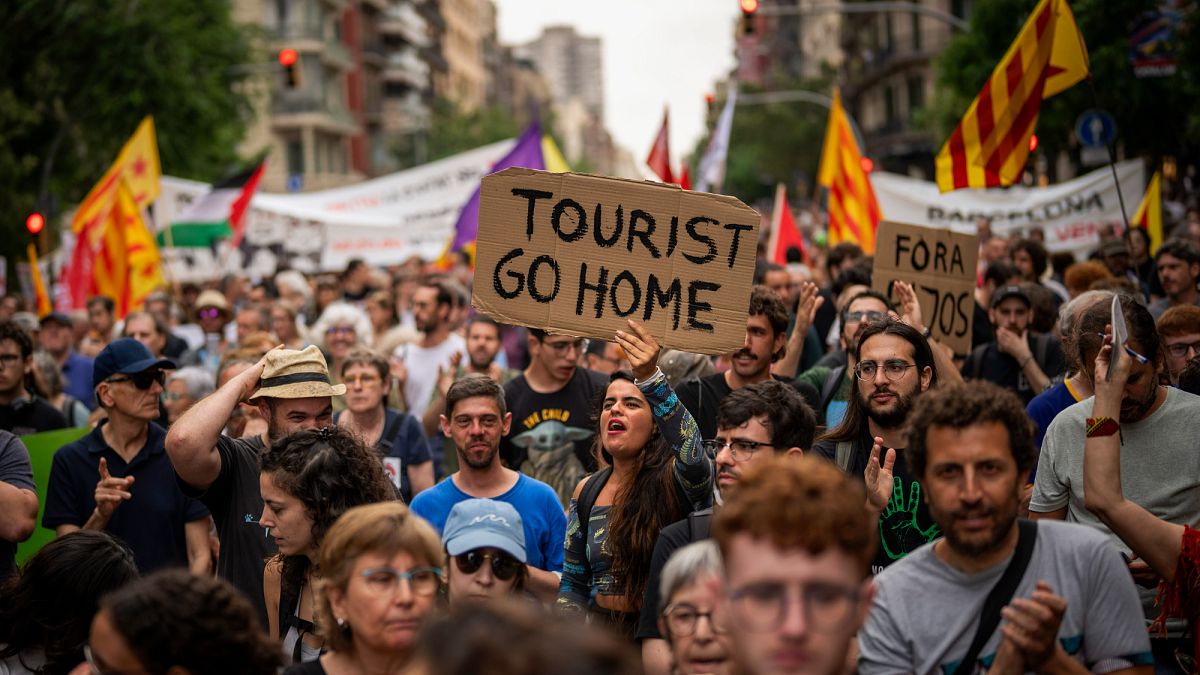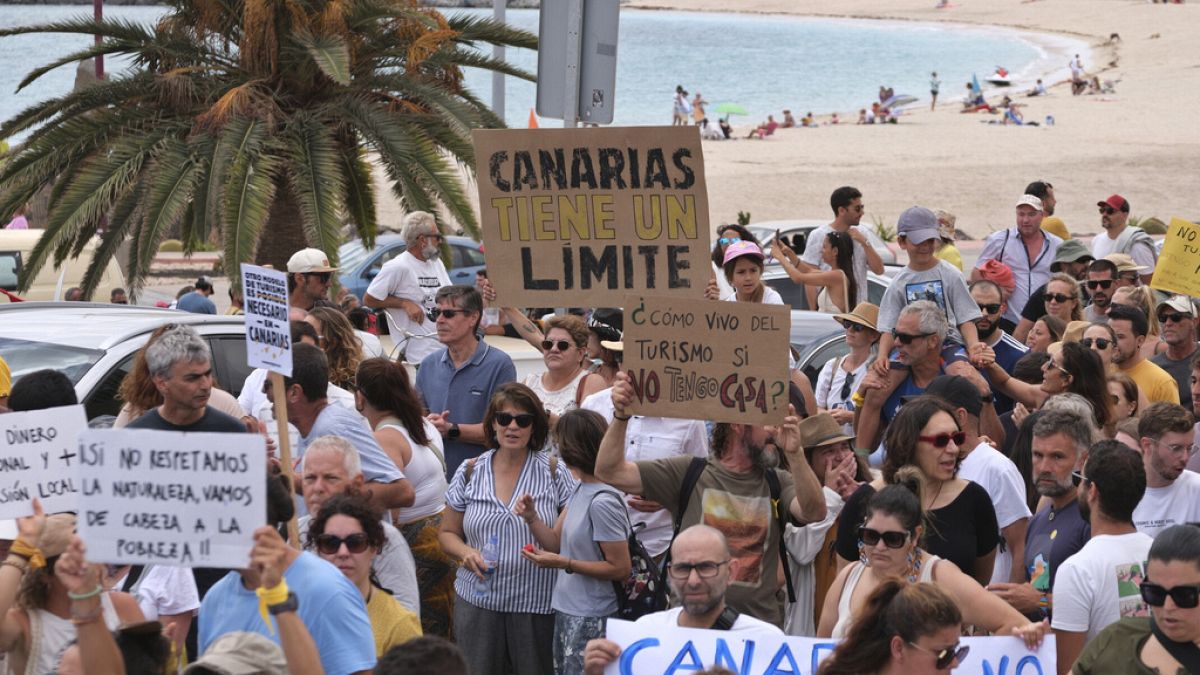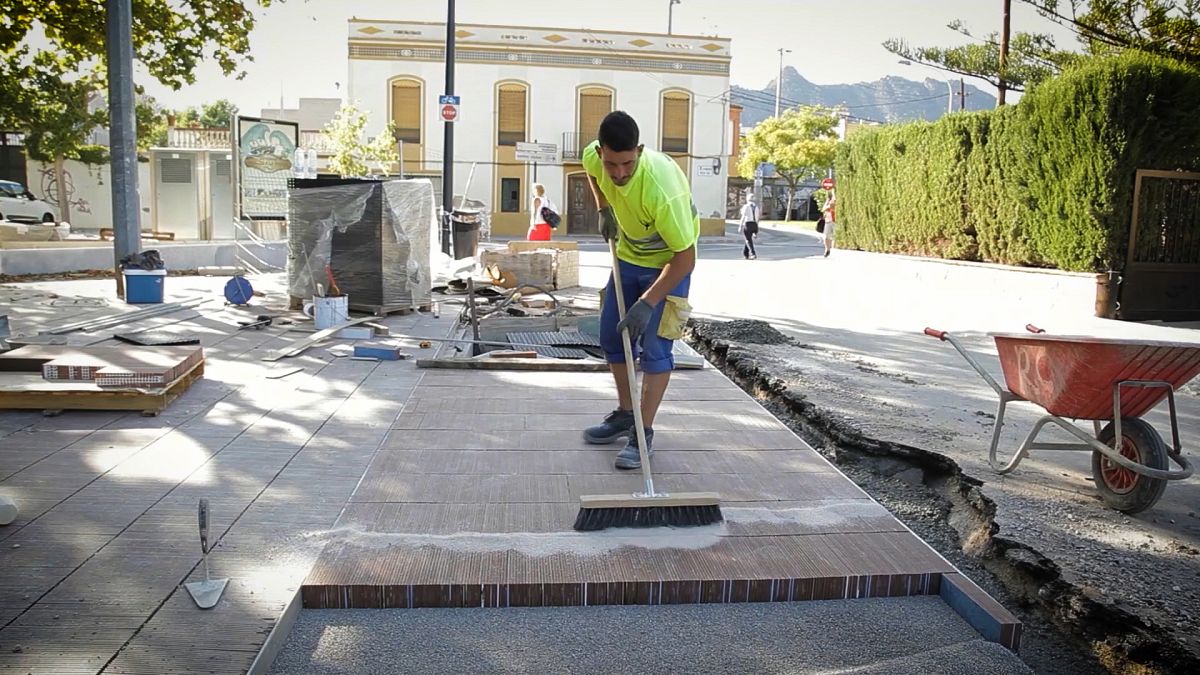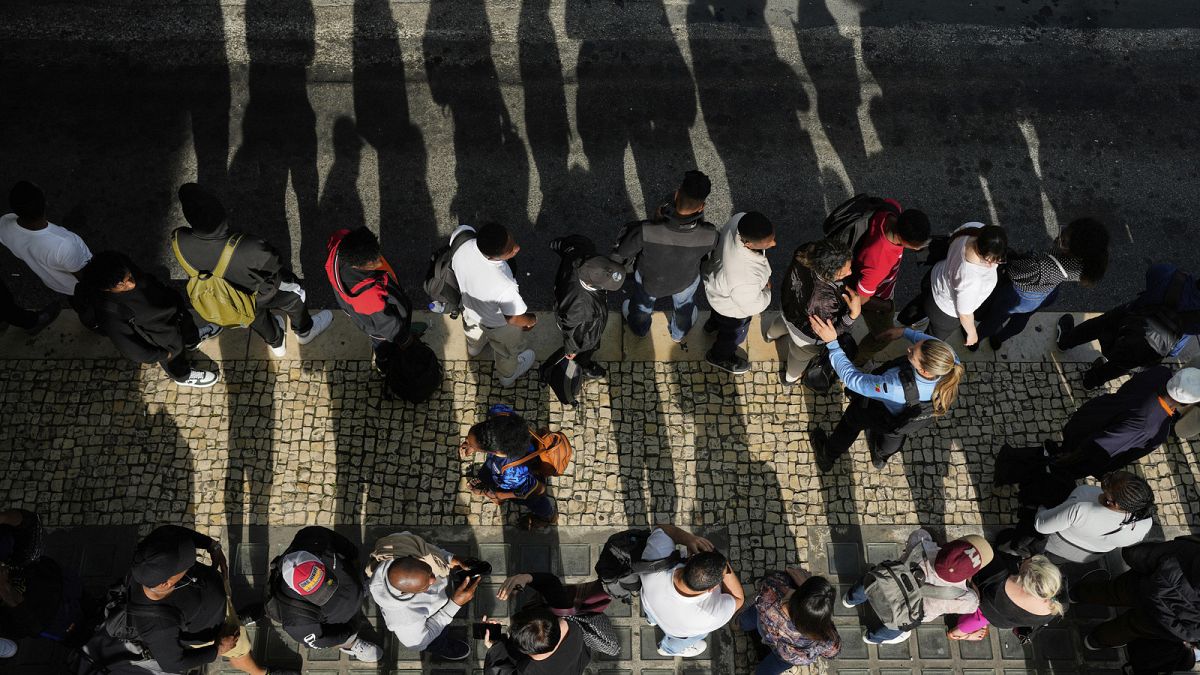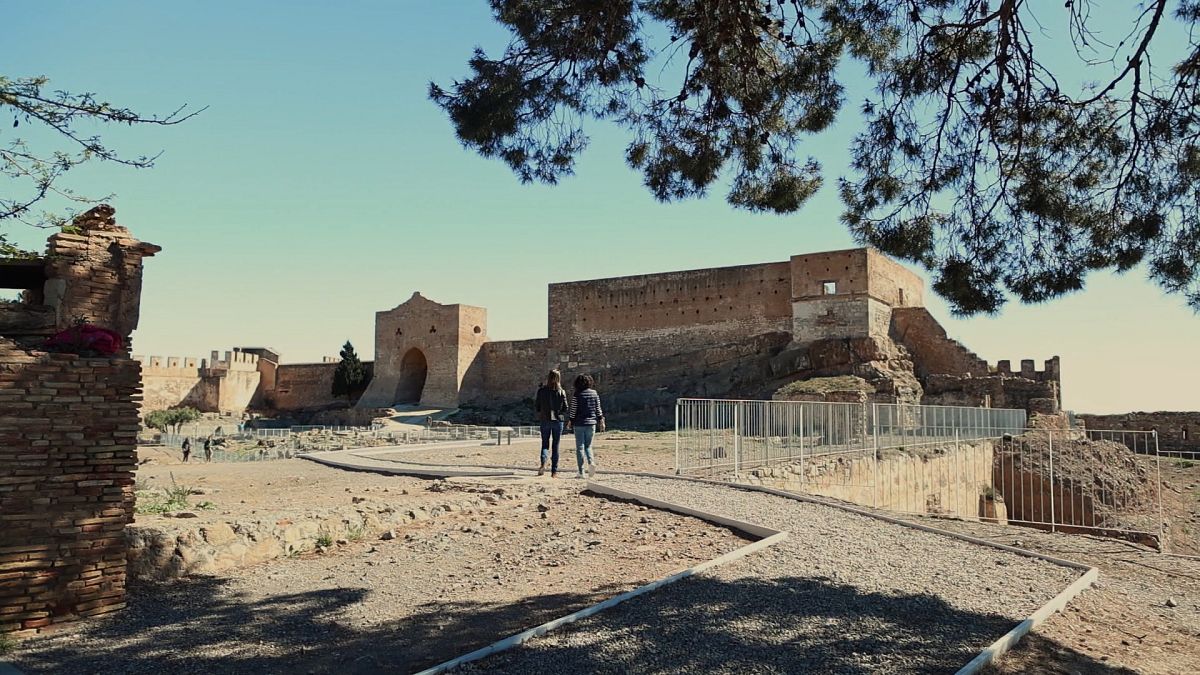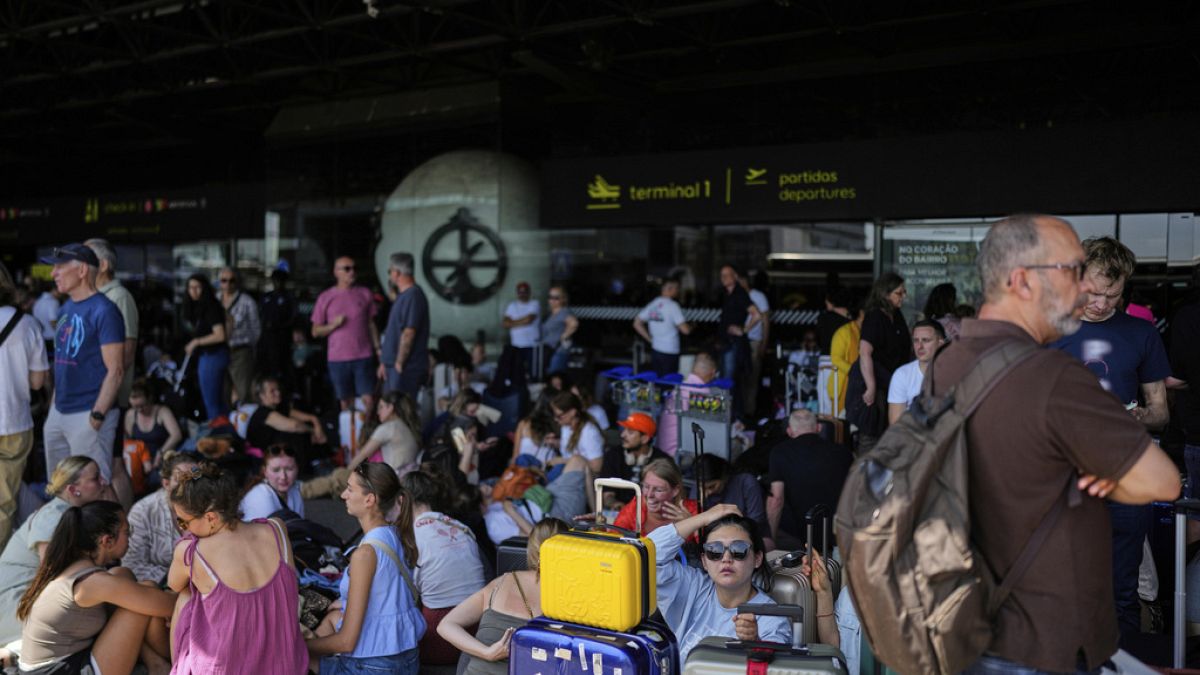Spanish police seize illegally exported Ukrainian jewellery

In a police statement on Monday, Spanish authorities released a statement announcing the recovery of 11 pieces of jewelry that had been smuggled from Ukraine, some dating back to the 8th century BC
Spanish police have confiscated 11 pieces of ancient gold jewellery that were taken out of Ukraine illegally in 2016, a statement on Monday revealed.
A police statement said five people who were attempting to sell the pieces in Spain have been arrested in recent weeks. Those arrested included two Ukrainians, one of them an Orthodox Church priest, and three Spaniards.
The jewellery was said to be worth 60 million euros (£64 million) and dated from between the eighth and fourth centuries B.C.
Police said the items were part of Ukraine’s national heritage. The jewels, which had been part of the collection displayed in an exhibition at a Kyiv museum between 2009 and 2013, left Ukraine illicitly before May 2016.
Following the exhibition, the pieces ended up in the possession of an Orthodox priest who falsified documents proving their ownership.
The Cuzco operation began when Spanish agents learned that a series of gold jewellery of great historical and economic value from Ukraine were being sold by a Ukrainian citizen living in Madrid.
Given their illicit origins, the pieces could not be sold through the usual channels such as an auction, so the jewels were incorporated into the capital of different commercial ventures that were created for the purpose of selling the jewellery, in order to give them a legal appearance and thus facilitate their sale by a group of investors.
The gold pieces were accompanied by documents in Ukrainian, English and Spanish to try to prove that they belonged to the Ukrainian Orthodox Church, which in turn had transferred them to the Orthodox priest.
The ornate gold belt was seized in 2021 and the rest of the pieces were seized in recent weeks. Police said the investigation continued.
The pieces are being studied by Spain’s National Archaeological Museum and the country’s Cultural Heritage Institute.
Interior ministry attachés in Albania, Bulgaria, Cyprus, North Macedonia and Ukraine helped with the investigation, police said.
Source: Euro News




